The Early Preparation and Inspiration for Careers in the Biomedical Sciences (EPIC) Program was the predecessor for the NIH-funded TEEN Program. Founded by Dr. Wilson and a network of university epidemiologists, high school science educators, and high school administrators and career counselors in 2009, TEEN is designed to increase interest and persistence in STEM-PH careers through hypothesis-driven project-based learning in epidemiology. EPIC tested the introduction of hypothesis-driven project-based learning in high schools via the in-person delivery of the Epidemiology (“Epi”) Challenge. Through a randomized study design, EPIC has reached over 150 high school students.
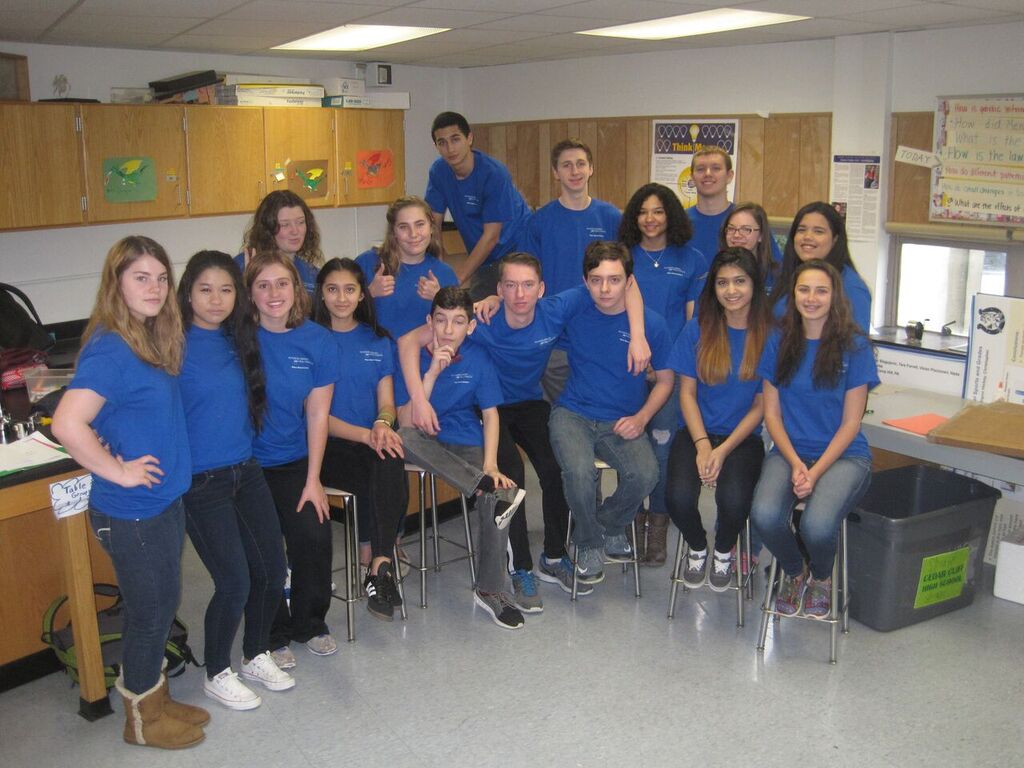
Presently, the TEEN program’s (formerly EPIC) driving educational philosophy, consistent with Paulo Freire’s problem-posing education, is “all students, regardless of ability, bring with them life experiences which can be used to inform team decisions and research aims.” In-person delivery of our project-based learning curriculum led to an increase in scientific self-efficacy among all schools, and successes among under-represented science minority students in understanding the sources and certainty of scientific knowledge, underrepresented minorities in science, and female students (Wilson, 2018). An overview and videos created by students for the in-person intervention are available here: http://tinyurl.com/ju3r8th.
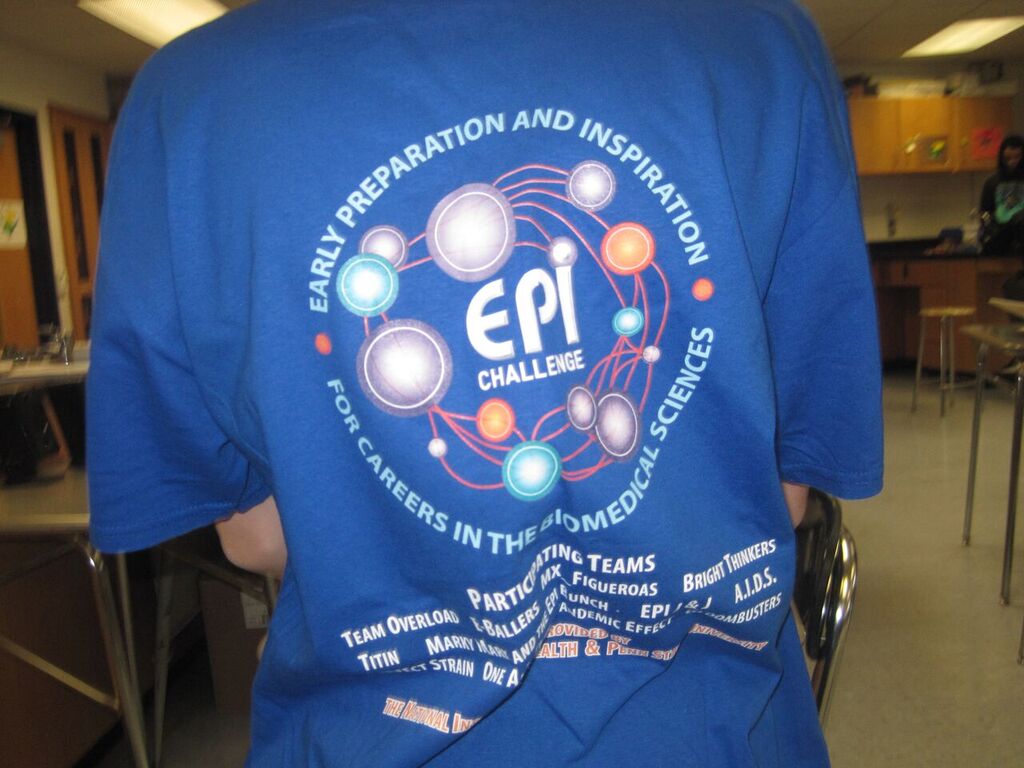
Past Advisors
Wendy Huebner
Co-founder of Epidemiology Education Movement
Dr. Wendy Huebner earned her MPH and Ph.D. degree in Epidemiology at Columbia University School of Public Health. She practiced epidemiology in the private industry for 20 years, conducting numerous employee health investigations and leading surveillance systems in the U.S. and globally. Dr. Huebner has been an advocate of epidemiology education for younger students, first as a collaborator since 2000 with Dr. Mark Kaelin at Montclair State University on NIH’s Science Education Partnership Awards (SEPA). Her work on middle- and high school-focused projects included curriculum development, teacher professional development, and the design, conduct, and analysis of pilot and field tests in schools. She also led a SEPA project to develop and validate a science literacy instrument to test the effectiveness of new epidemiology curricula. To further the cause of infusing epidemiology into K-12 education, Dr. Huebner was a co-founder in 2005 of the Epidemiology Education Movement http://www.epiedmovement.org/). In her efforts to promote the interface between the science of epidemiology and K-12 education, she has been inspired by how epidemiology brings science to life for young people. In particular, it allows them to think scientifically about issues of health and health behaviors that are relevant to their daily lives while challenging their problem-solving and critical thinking skills.
Mark Kaelin

A former professor at Montclair State University
Mark Kaelin developed and taught graduate and undergraduate epidemiology courses in the Department of Public Health at Montclair State University for 25 years. He was the Principal Investigator on four NIH grants to develop, implement, train teachers to teach, and disseminate epidemiology education materials (“Detectives in the Classroom,” “Exploring Drug Abuse through the Science of Epidemiology,” and “Epidemiology and the Energy Balance Equation”) for middle and high school teachers (http://www.epiedmovement.org/developCurricula.html). He taught epidemiology to students from middle school through graduate school. He was a member of the RWJF/College Board’s Young Epidemiology Scholars Teaching Units Working Group that wrote 24 Teaching Units for the Epidemiology Instructional Library for the High School Classroom (http://yes-competition.org/yes/teaching-units.html). He was invited by RWJF to conduct Teach Epidemiology professional development workshops to prepare middle and high school teachers to teach epidemiology. He is co-founder of the Epidemiology Education Movement; a grassroots effort to infuse epidemiology education into curricula in grades 6-12, improve the scientific literacy of students, and increase the number of students preparing for careers in public health (http://www.epiedmovement.org/revised.html). During the past ten years, he worked with others creating, implementing, evaluating, and refining the Think Like an Epidemiologist Challenge event for the annual New Jersey Science Olympiad competition and the Early Preparation and Inspiration for Careers in the Biomedical Sciences (EPIC) Intervention during which student teams experience a months-long, authentic, “inch wide and mile deep” immersion into the practices needed to engage in scientific inquiry.
Micheal Thompson
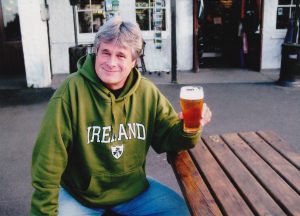
Career Development Consultant and Trainer
Mike Thompson was a school counselor for numerous years and at all levels, impacting many students and staff members over time. He became widely recognized for the development of a model Career Pathway Program at the Middletown Area School District, Middletown PA. His vision and ability to collaborate with staff and community created a K-12 career development system that has been effective and sustaining, and one which has been shared with many other districts, local and beyond. He was also employed as an adjunct professor in the counselor graduate program at Millersville University and then, in career services at Central Penn College. His expertise in career development interventions and systems has been recognized throughout the Commonwealth of PA. With that, he has participated in many significant statewide initiatives, including the somewhat recent introduction of the Future Ready PA Index, which requires career readiness for all PA students.
Given Mike Thompson’s valuable contributions in career development and counseling, he was hired, post-retirement, by the Director of PDE’s Bureau of Career and Technical Education. He was tasked with assisting school districts with the development of a K-12 Counseling Plan and Program, similar to the model he developed at Middletown. He and co-trainer, Betty Holmboe, conducted comprehensive training across PA for 10 years. Mike was an inspiration to counselors because he understood their role well and also strongly encouraged them to become leaders in career development programming for students within their districts. He truly believed in the responsibility of the K-12 educational experience to transition young people to live with a plan and tools for career decision-making. His obvious passion, expertise, and commitment to the mission so positively impacted counselors and curriculum across PA.
Betty Holmboe
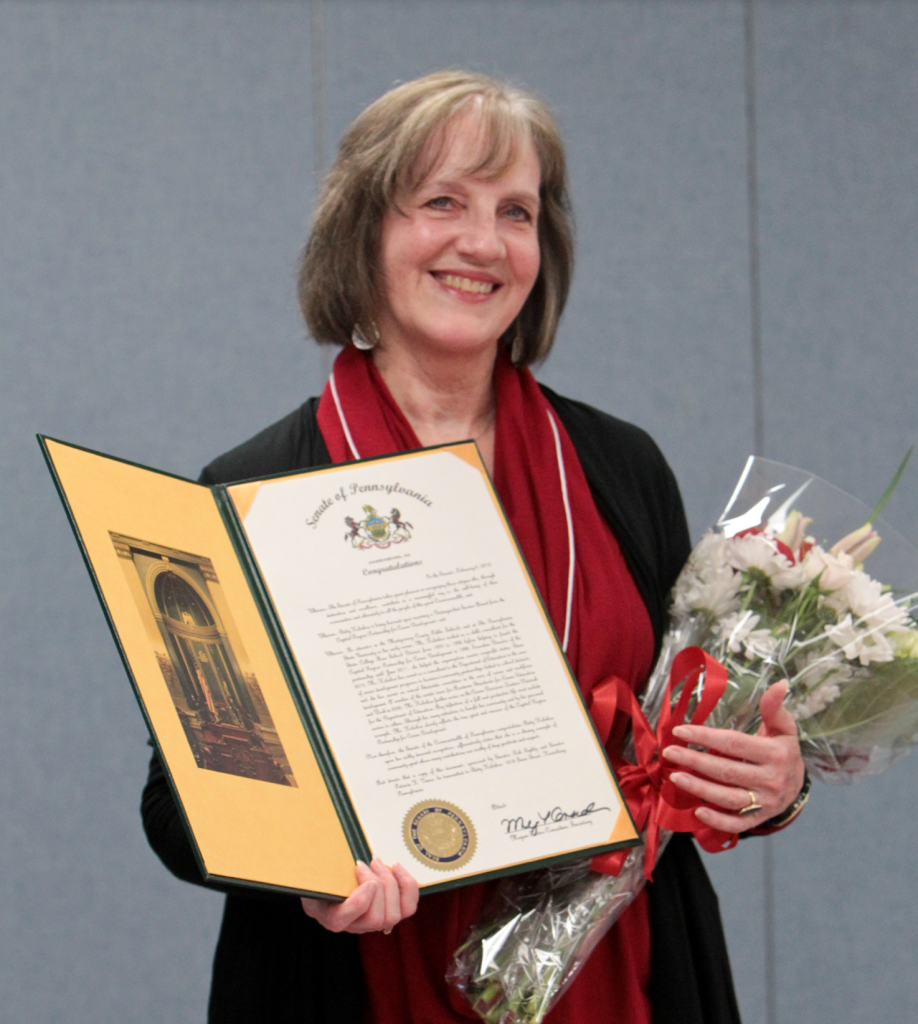
Career Development Consultant and Trainer
Betty Holmboe is the retired Executive Director of the Capital Region Partnership for Career Development, a position held for 14 years. She holds 23 years of previous experience as an English Teacher and Skills Consultant, in grades 7-12 and adult education. Betty is currently an Independent Career Development Consultant, highlighting programs linking business/community and postsecondary partnerships to school districts. Ms.Holmboe has served on several statewide committees in the area of career and workforce development. She was also part of the rewrite team for the PA Academic Career Education and Work Standards. She partnered with Michael Thompson, as a trainer, to assist schools in building a Comprehensive K-12 Counseling Plan and Program, focusing on career development, engaging all stakeholders. They have trained K-12 counselors and addressed administrators in school districts and career and technical centers throughout Pennsylvania over the past ten years, hired by the PDE’s Bureau of Career and Technical Education.
For over four decades, Betty Holmboe has had an enduring career in education. In recent years, she has demonstrated visionary leadership in the field of career development, focusing her efforts on informing and involving schools and communities in the creation of career development initiatives. She highlights the importance of the interconnection of career, workforce, and economic development and the responsibility schools have in preparing students K-12, as they transition into life and the workforce of the 21st century.
Previous Team Members
Alexis Mattei
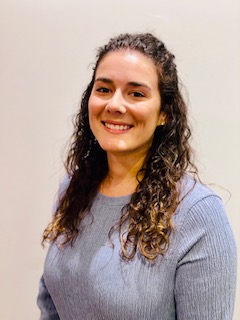
Alexis is the previous research project manager for TEEN. She received a B.S. in Health Behavior Sciences and an M.S. in Health Promotion from the University of Delaware in 2016 and 2018, respectively. Before her current position, she was a research coordinator with experience in creating and maintaining databases and reports, liaising between different departments, and creating solutions-based strategies in any given project situation. She is a Certified Health Education Specialist (CHES) as of 2017 and hopes to obtain a Ph.D. in Epidemiology in the future. Her research interests include health literacy, epidemiology, health education, health promotion, mindfulness as well as program planning and evaluation.
Samantha Smith

Samantha was a former graduate research assistant for the TEEN project. She started working on this project while completing her Master of Public Health degree in epidemiology at Temple University ’21. Samantha has volunteered her time with different organizations to increase STEM interest in children. She started her Ph.D. in epidemiology at the University at Buffalo in the fall of 2021. Samantha’s research interests include cancer epidemiology, cancer etiology & prevention, and health disparities.
Allison Stranick

Allison was a former undergraduate research intern for the TEEN project. Allison graduated from Gettysburg College in the spring of 2021 and is pursuing a master’s degree in epidemiology. Her research interests include health behavior, disparities, and environmental epidemiology. As an undergraduate student in Adams County, PA, Allison held leadership positions in multiple organizations which worked to tackle the issues of poverty and food insecurity in the south-central region of Pennsylvania.
Anyun Chatterjee

Anyun joined TEEN in March 2021 as a part-time assistant. They developed a similar program concept in 2019 while serving as a health educator. Other relevant credentials include an MPH from George Washington and the CPH and CHES certifications. Anyun’s Research goal is to understand how mass (digital) media changes behaviors on the population level.
